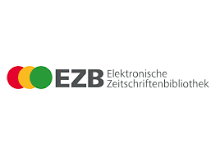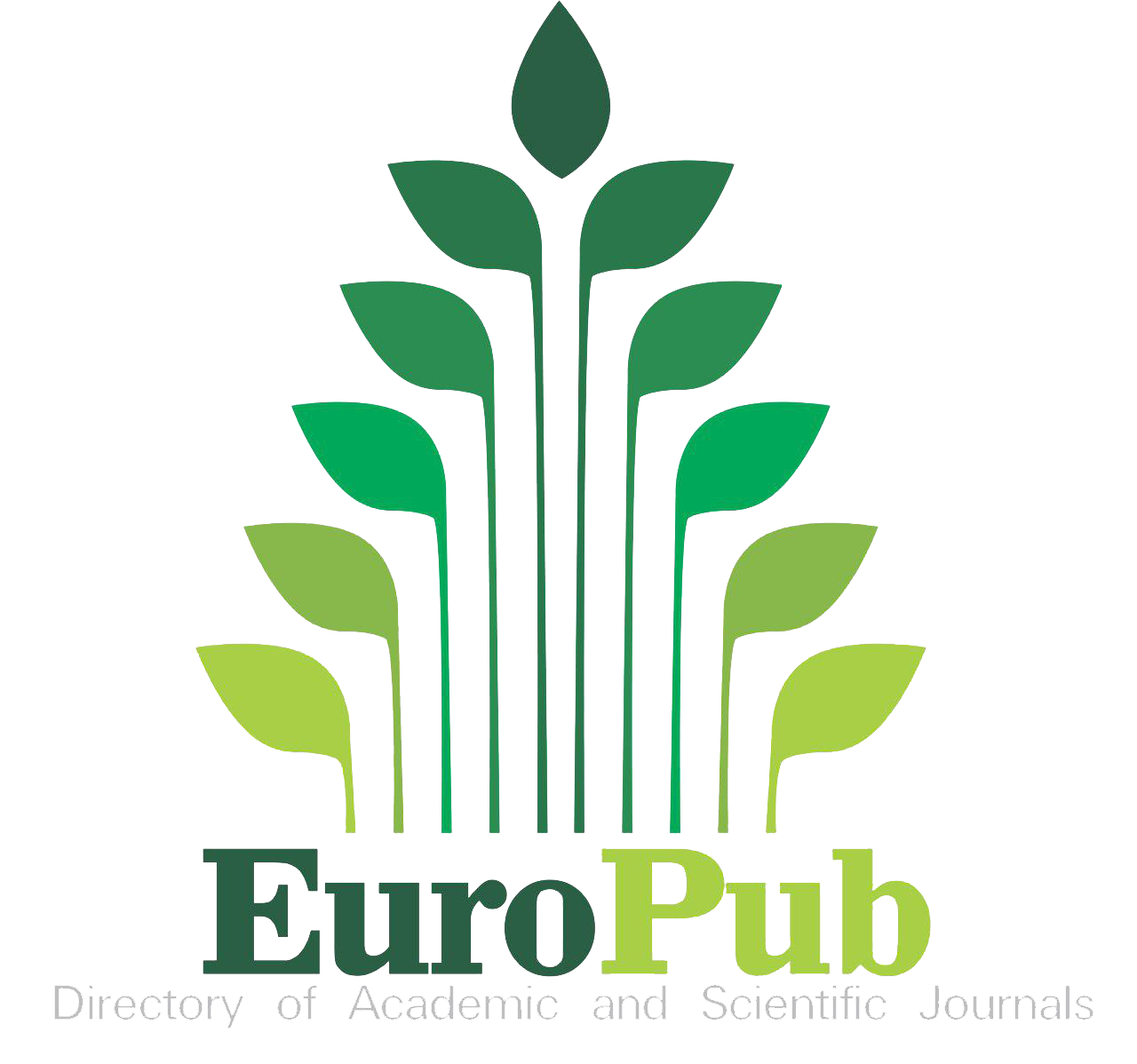Publication Ethics and Malpractice Statement
Publication Ethics and Publication Malpractice Statement.
Dilemas contemporáneos: Educación, Politica and Valores" is a quarterly academic and scientific research electronic journal, which began publishing in the year 2013, and the articles are evaluated under a double-blind peer-reviewed process committed to maintaining the highest standards of ethics in all its publications. This process, in the selection of articles for publication, is the way this journal uses to support and sustain its work through the scientific method.
Honesty and originality on the part of the authors, as well as impartiality, objectivity, and confidentiality on the part of the editors and reviewers are, among others, the essential values to which this journal pays special attention. Having an intention of this scope makes it possible to develop a coherent and respectful network of knowledge for all its readers (professors, students, researchers, school directors, managers, politicians, and any other person interested in issues of social, political, economic, and cultural impact), offering them a reflection directly from the quality of the work of the authors and the institutions involved in the final product (the published article).
Bringing a journal of this dimension to our authors, readers and collaborators makes it imperative to agree on principles of ethical behavior for all parties involved in the act of publication: the author, the editors, the reviewers, and the publisher. For this demand, a Publication Ethics and Publication Malpractice Statement is determined.
I. Publication Ethics Statement.
The Publication Ethics Statement is determined by the actions of the parties involved in the act of publication, as described below.
- The author. The author's responsibilities are related to:
1.1. The authorship of the article.
The authorship of the article should be limited to those who have actually made a contribution and/or have participated in a substantial way in the article, which will be reflected in the order that the authors occupy in the document list of authors.
The main author of the article must ensure that all the other authors have seen and approved the final version of the document, as well as agreed on its presentation for publication. The inclusion of other authors, who have not made contributions to the work, is considered inappropriate and will not be allowed; our knowledge on this matter may result in removal from the list of authors or even removal of the article from publication. Original documentation may be requested, if considered necessary, from any of the authors for editorial review. At any time after the publication of the article, in which a negligent or malpractice process is detected, it will mean a violation of publication ethics and will attempt against the originality of the article, which is specified in the next segment (B. Originality and Plagiarism).
The Journal pays special attention to the observance of the ethical norms in research articles where the subjects that were investigated are part of vulnerable population sectors, such as children, women, people with disabilities, etc. The approach towards these subjects in research must be respectful of their rights, their specific characteristics in society, and the existing legal regulations. Authors must be careful not to expose them to public judgment, much less to mention their names or other data that could lead to their identification by the readers of such publications.
The rights of the final version of the work correspond to the journal to publish it and provide it with public access under a Creative Commons by NC-ND Attribution license, where it is established by NC (do not use the material for commercial purposes), and by ND (do not make referrals of any kind). These rights allow others to share the work under the terms of the license and acknowledgment of the authorship of the article by its authors.
1.2. Originality and Plagiarism.
The authors must clearly and precisely present the development and meaning of their original research work and the document must contain sufficient corresponding details in its development. Authors must ensure that they have written entirely original works, and if authors have used the work and/or words of others, these must be properly referenced and cited. Data, texts, figures, or ideas originating from other authors must be recognized objectively and appropriately in the article without expressing lies, falsification or manipulation of inappropriate data. All of the above can be considered as negligent process.
Plagiarism in all its forms and fraudulent or deliberately inaccurate statements constitute unethical conduct and are unacceptable, and will indicate malpractice in the way the submitted work is conceived. The authors must guarantee the accuracy and authenticity of the data and information they provide. Any work that is received, or in its effect, any published article, in which a negligent process and malpractice is detected, in the case of the first, the author will be informed, leaving a corresponding note of those authors in the journal's records, and in the case of the second, the publication article will be withdrawn immediately, and a corresponding note will be issued in the publication edition. The authors are also responsible for the appropriate use of language in the writing of the article before submitting it.
The authors must be very clear that stating information obtained privately, as in conversation, correspondence, or by any other means, should not be used or reported without permission from the source involved; in addition, if the work involves procedures that have any risk inherent to their use, the author must clearly identify these in the document, and must ensure that the manuscript contains a statement of the action followed in all the procedures that were performed. Authors must include a statement in the manuscript that informed consent was obtained for the human experimentation. The privacy rights of human subjects must be observed.
1.3. Multiple, redundant or concurrent publication.
The authors must guarantee that: (1) the article has not been published in another journal, (2) it is not being considered for publication in another journal; and that (3) it has been submitted with the knowledge and approval of the authors' institution or organization of affiliation, if necessary. The presentation of originals by an author implies the consent of each of the authors involved.
1.4. Disclosure and Conflicts of Interest.
All authors must disclose in their manuscript any substantive conflicts of interest that could be construed to influence the results or interpretation of their manuscript. Potential conflicts of interest must be made public at the earliest possible stage.
1.5. Errors in published articles.
When an author discovers a significant error or inaccuracy in his or her published article, it is the author's obligation to immediately notify the editor or chief editor, in retracting and/or correcting the document. If the journal receives from a third party that a published work contains a material error or remark, the journal will promptly notify the author, and the author will promptly resolve it.
1.6. Participation in the double-blind peer review process.
The author must agree his article to be included in the double-blind peer-reviewed process of his article, as well as to comply with the recommendations of the reviewers and members of the editorial board of the journal. Refusal to comply with the recommendations may result in rejection of the submitted article. All authors must correct errors and retraction of incorrect information.
1.7 Informed consent.
Informed consent is essential in the research process, since here potential participants are asked to agree to participate freely, voluntarily, and informed (in writing) in the research, providing them explicit information about the research process (the purpose, the methods to be used, the risks, benefits, and alternatives, etc.) so that they clearly understand what the research is about before accepting it.
It is important that potential participants are treated with respect from the moment they are asked to participate, during and after it ends, and even if they decide to change their mind and withdraw from the research or to refuse to participate from the first moment. Aspects such as respecting their privacy and maintaining the confidentiality of their private information, informing them about changes to be made in the course of the research, which may determine risks, reactions, and adverse effects, and/or benefits to be faced, must be taken into account and informed to them at all times of the research process.
In the special case of vulnerable populations (boys, girls, adolescents, etc.), as potential participants, it is of special interest to obtain the informed written consent of their parents or guardians as legal representatives within the framework of parental responsibility and orientation, since these vulnerable populations could not have the corresponding faculties with their biological, psychological, and social development to participate in research. It is also pertinent to request an informed verbal consent to these potential participating subjects of vulnerable populations, which entails informing them in a simple, clear and detailed way of their possible participation, and thus, they can express their rights and points of view with full knowledge to accept their participation, continue participating or withdraw at any time from the research, or until they decide not to participate in it.
Participating researchers must be at all times monitoring the well-being of all participating subjects (especially vulnerable populations), given that they may experience adverse reactions, unexpected effects or changes in their bio-psycho-social state, in order to guarantee appropriate treatment in their cases, and if necessary, remove them from the research.
- External reviewers. The responsibilities of the reviewers are related to:
2.1. Standards of objectivity.
Reviewers, in addition to helping the editor in making editorial decisions, must also help the author in improving the document. Reviews must be conducted objectively, and personal criticism of the author is inappropriate. Reviewers must express their views clearly, with supporting arguments, as well as clearly present their opinions on the papers clearly in the review format. A member of the review team who feels unqualified to review a document, or who knows that an early review of the document will indicate a lack of quality in this process, he should notify it to the chief editor and not to start the review process.
Reviewers evaluate manuscripts based on content without regard to ethnicity, gender, sexual orientation, national origin, religious belief, or political philosophy of the authors.
2.2. Disclosure and Conflict of Interest.
Reviewers are required to declare all potential conflicts of interest. Reviewers should not consider manuscripts in which they have conflicts of interest resulting from competitive, collaborative, or other relationships or connections with any of the authors, companies, or institutions related to the document.
2.3. Peer review and contributor responsibility.
All articles will be evaluated under a double-blind peer-reviewed process, where at least two reviewers, who do not know each other, are involved in reviewing the manuscript, and will rule on this process; because of that, there will be no discussion between the reviewers, as well as no connection between them regarding the manuscript under review, and between the reviewers and the author. Confidentiality will be respected between reviewers on a paper, and between reviewers and the author.
Reviewers must ensure that all information related to the contents of the submitted manuscript is kept confidential and should not be disclosed or discussed with others. Reviewers will not see or know the identity of the author(s) in the manuscript.
All reviewers must be academically qualified in their area of knowledge to review an article. They must not use abusive language in their report, and they must deliver the review in a timely manner. The reviewer must be fair and impartial in reviewing a paper. In any case, the reviewer must refrain from using the disclosure of any information treated based on the work of others.
Reviewers must direct the chief editor's attention to any information that may be a motive for refusing publication of a manuscript. In addition, they must inform the main editor about any copyright infringement and/or plagiarism by the author.
Reviewers must identify information that has not been cited by the authors, as well as report any aspect resulting from an observation, derivation, or argument that has been previously reported and that must be accompanied by the corresponding citation. The reviewer should also bring to the attention of the chief editor any substantial similarity or overlapping information in the manuscript under consideration in relation to any other published article, of which that reviewer has personal knowledge.
The reviewers will come to one of the following conclusions:
- The article is accepted for publication.
- The article is accepted with minor modifications to be made by the author.
- The article is accepted with major modifications to be made by the author.
- The article is not accepted for publication.
The report will be sent to the authors with the request for modifications to be made.
- The editors and chief editor.
3.1 The editors. The responsibilities of the editors are related to:
3.1.1. Standards of Objectivity.
Editors must ensure a fair double-blind peer-reviewed process for all articles submitted for publication and will endeavor to avoid any potential conflict of interest between the author, publisher, and reviewers. Editors will also ensure that all information related to submitted manuscripts is kept confidential prior to publication.
The editor must take reasonable responsive action when there are ethical complaints regarding a submitted manuscript or published paper. Such measures will include contact with the author(s) of the article and give due consideration to the respective complaint or claims made, but may also include communication with the competent institutions and investigative bodies related to the work, and if the complaint has effect, the appropriate edition of a correction and/or retraction publication will be issued, or even the expression of concern through a note in this regard. Every reported act of unethical conduct in a publication or by an author(s) will be scrutinized, even if it is discovered long after the article is published.
3.1.2. Publishing Decisions.
An editor is responsible for deciding which of the articles submitted to the journal should be published or rejected. The editor must evaluate manuscripts according to their knowledge of the content of the article, without regard to race, gender, sexual orientation, religious beliefs, ethnic origin, nationality, or the political philosophy of the authors. The editor must abide by the policies of the journal's editorial board and be bound by such requirements.
The editor must pay special attention to errors in manuscripts about the structure of the manuscript and the elements that are part of the article. It is important to promote the publication of the correction or retraction.
3.1.3. Disclosure and Conflicts of Interest.
Unpublished materials disclosed in a manuscript submitted to the journal should not be used in an editor's own research without the express written consent of the author. Inside information or ideas obtained through peer review must be kept confidential and will not be used for personal gain.
Editors must decline to act on manuscripts where they may have conflicts of interest as a result of competitive, collaborative, and/or other relationships or connections with authors, companies, or institutions in relation to the manuscripts.
It is very important that editors remove the identity of the author(s) from the manuscript prior to submission of the manuscript to the double-blind peer-reviewed process by external reviewers.
3.2 The chief editor. The responsibilities of the chief editor.
The responsibilities of the chief editor are included in the activities to carry out.
The chief editor will coordinate the actions of the editors and has the authority to make the final decision on the acceptance and/or rejection of a submitted article. This should be done after reviewing the comments received from the reviewers and consulting other members of the editorial board, if it is necessary, in a fair and impartial manner. The chief editor must have no conflict of interest with respect to any article in progress and must maintain the anonymity of the reviewers as well as the author during the review process.
It is very important that the chief editor controls, at all times, the fulfillment of the responsibilities of the editors, as well as that when an error, negligent procedure or bad practice, etc., is detected; the chief editor must decide as to the publication of corrections, clarifications, retractions and/or apologies if necessary, in an open, clear and precise manner at the appropriate time and place, taking into account, at all times, the evidence that is presented.
- The publisher.
"Asesorías y Tutorías para la Investigación Científica en la Educación Puig-Salabarría S.C" (Private Research Centre (RENIECYT-CONACYT) no:197386, registry no.2016-16735, located at Pino Suárez, 400-2, Col. Santa Clara, Toluca, Estado de México, México. CP: 50090, Tel: 0052-7223898479 / 0052-7223898479, Chief Editor: PhD. José Sergio Puig Espinosa with rights reserved to the exclusive use no. 04-2013-050912481700-203, ISSN: 2007-7890), as publisher of "Dilemas contemporáneos: Educación, Política y Valores”), takes very seriously its guardianship duties over all editing steps and publications of the journal and recognizes its ethical responsibilities to ensure adequate advertising in the journal. If it is useful and necessary, a comprehensive internal evaluation of the editing and publication processes would be put into practice in favor of the journal's readers and collaborators. The publisher supports and behaves in accordance with what it is established in the content of this Statement of Ethics and Malpractice.
- Author and reviewer fees.
The authors will not be asked for any type of payment related to the processes of submission, evaluation, and publication of the articles in regular editions of the journal, nor will the reviewers receive any payment for carrying out their activity determined in the double-blind peer-reviewed process.
II. Publication Malpractice Statement.
To all the above, in aspect I, it is important to highlight that the Board of Directors of the journal (Director and Chief Editor) will pay primary attention to any negligent and/or malpractice procedure. If the foregoing is discovered at any time after publication of an article in the journal, it will be withdrawn from publication for not being in accordance with the principles of the journal stated above. The foregoing includes plagiarism, falsification (manipulation of research in terms of existing data, tables, images, ideas, conclusions, etc.), fabrication of research (which constitute research data), duplicate editing, and/or any other negligence.
The Publication Ethics and Publication Malpractice Statement for all authors and professionals involved in the act of publication in the journal "Dilemas contemporáneos: Educación, Política y Valores” is a description based on the ethics committee for publication available at https://publicationethics.org/resources/guidelines-new/principles-transparency-and-best-practice-scholarly-publishing
This Publication Ethics and Publication Malpractice Statement was approved by all the professionals involved in the act of publication of this Dilemas contemporáneos: Educación, Política y Valores journal, as well as it is made public, through this document, for the knowledge of all authors, readers, collaborators, and those interested in the processes of our journal.
PhD. Maura de la Caridad Salabarría Roig. Director.
Dilemas contemporáneos: Educación, Política y Valores journal.












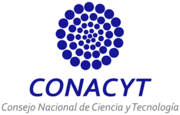
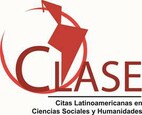















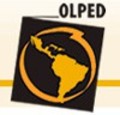



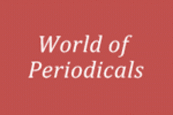


1.png)
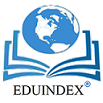
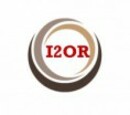





1.png)



